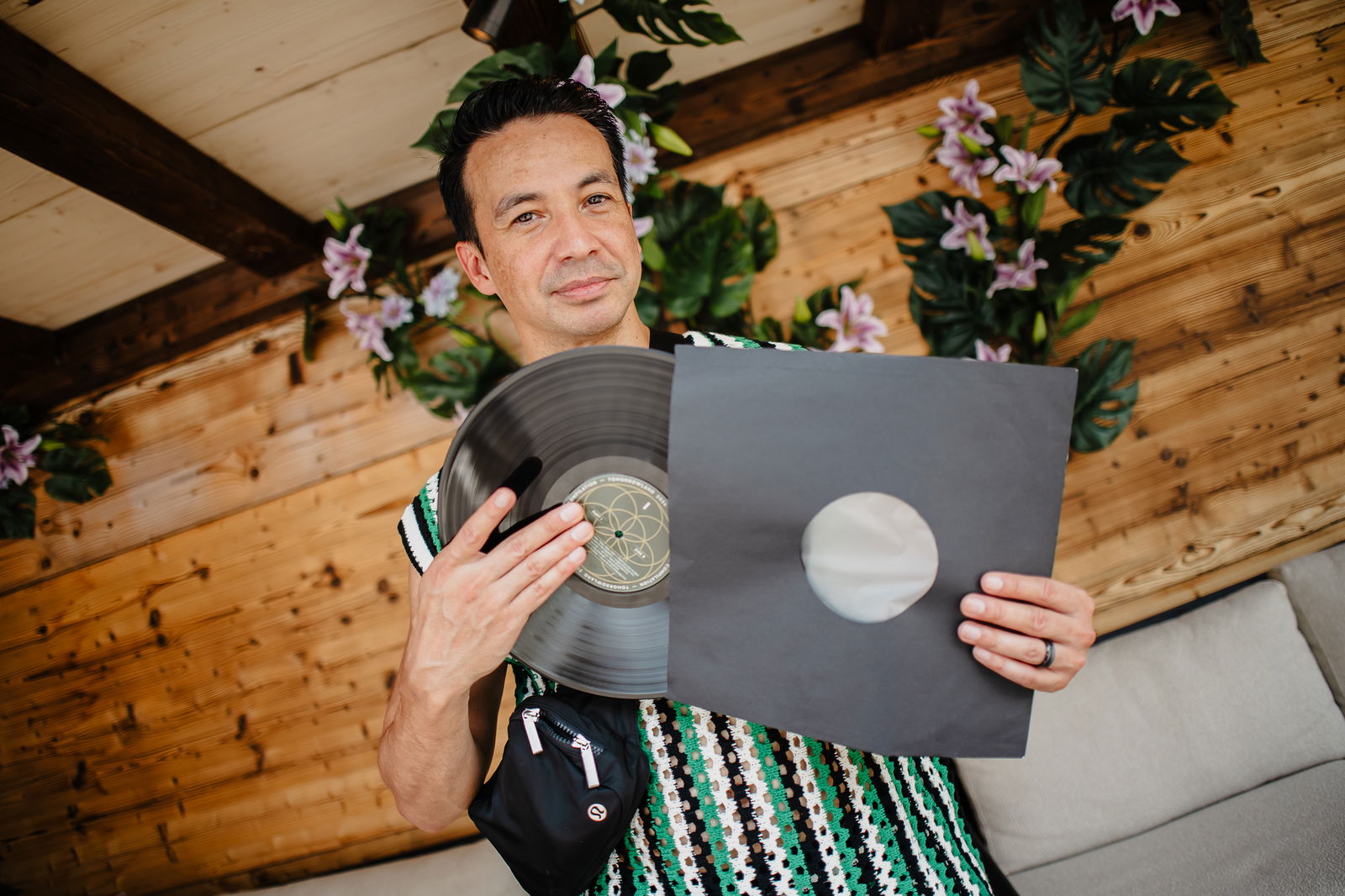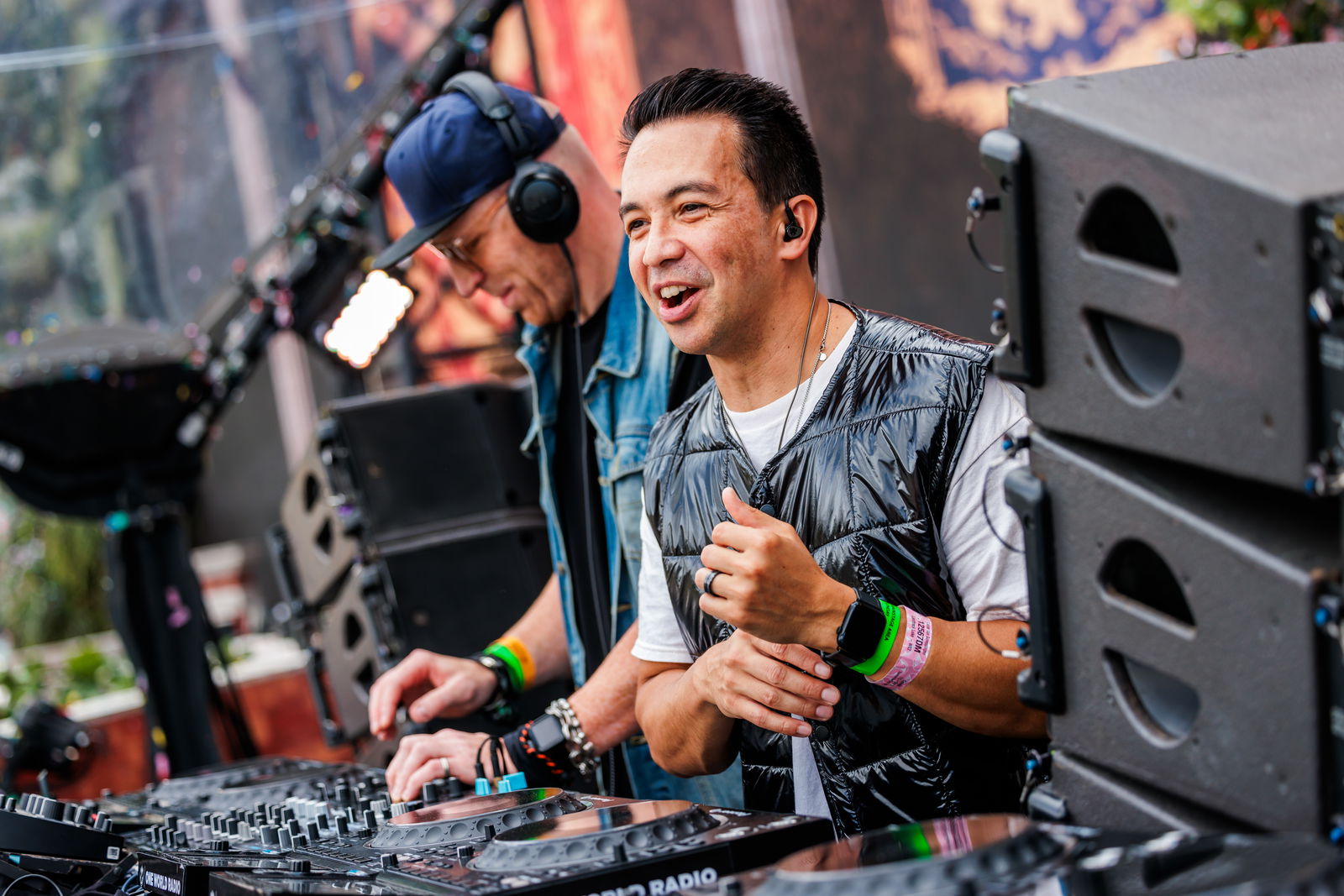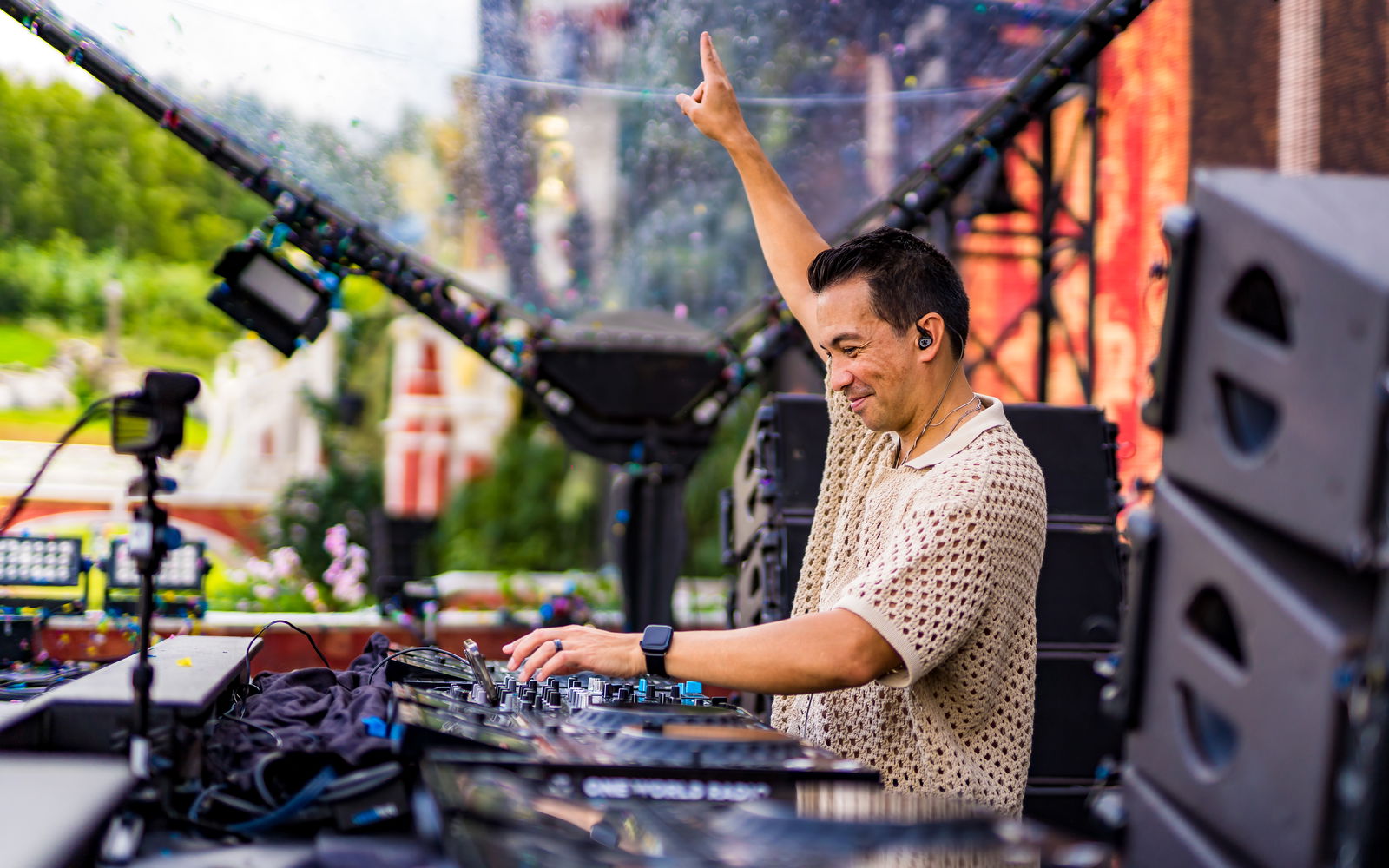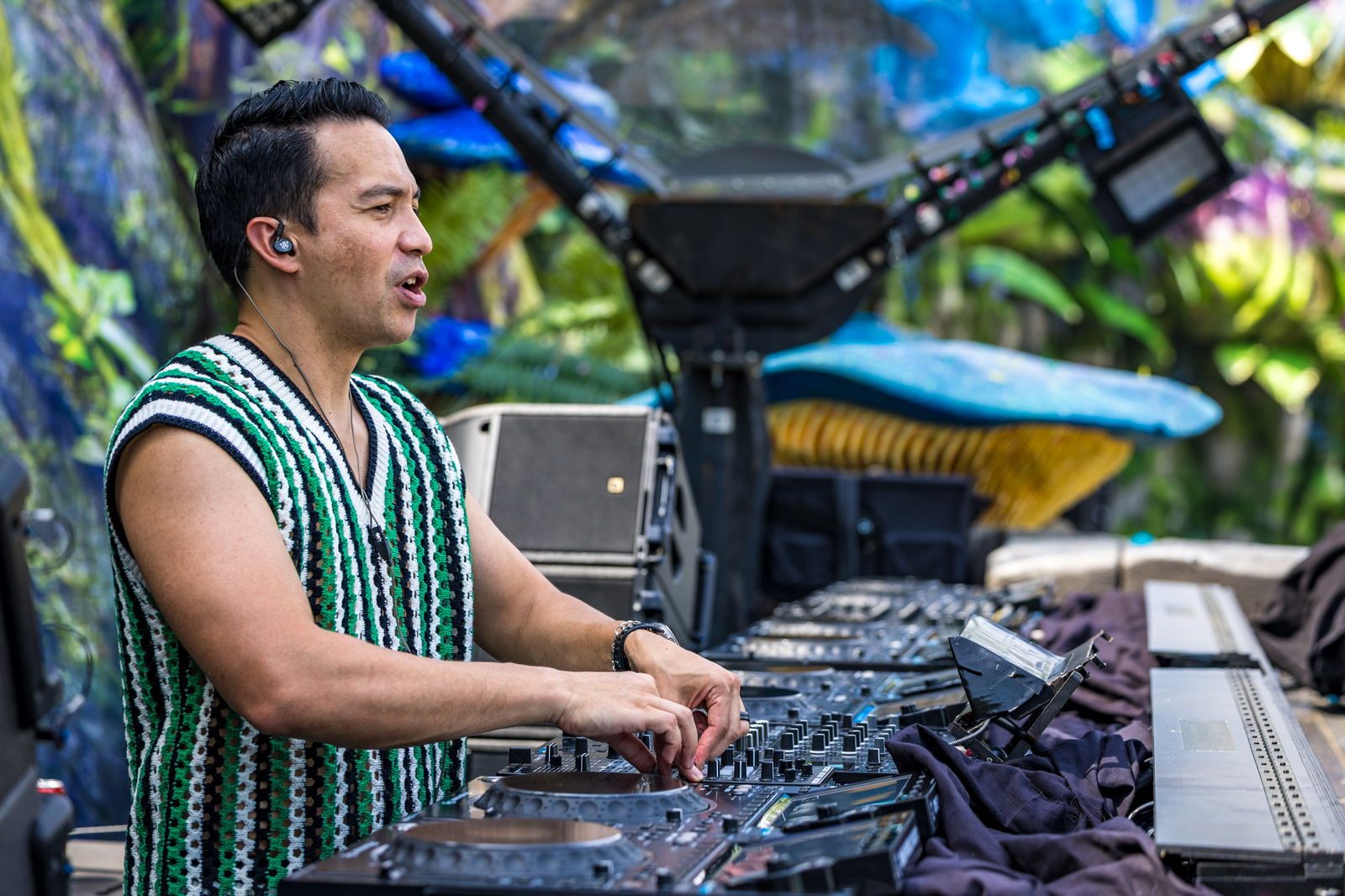The Dutch producer, who was already ten years into his career when he co-produced some of the very first tunes by Swedish House Mafia, celebrates the scene’s vibrant history while sharing some of his most memorable stories.
Luke has been everywhere, made any style of electronic music you can think of, and knows everyone – and that is why he’s the best guy to talk to when you want to find out about the history of dance.
Here’s how he experienced its many mutations, from early beginnings down to his present, more centered phase of his career.




